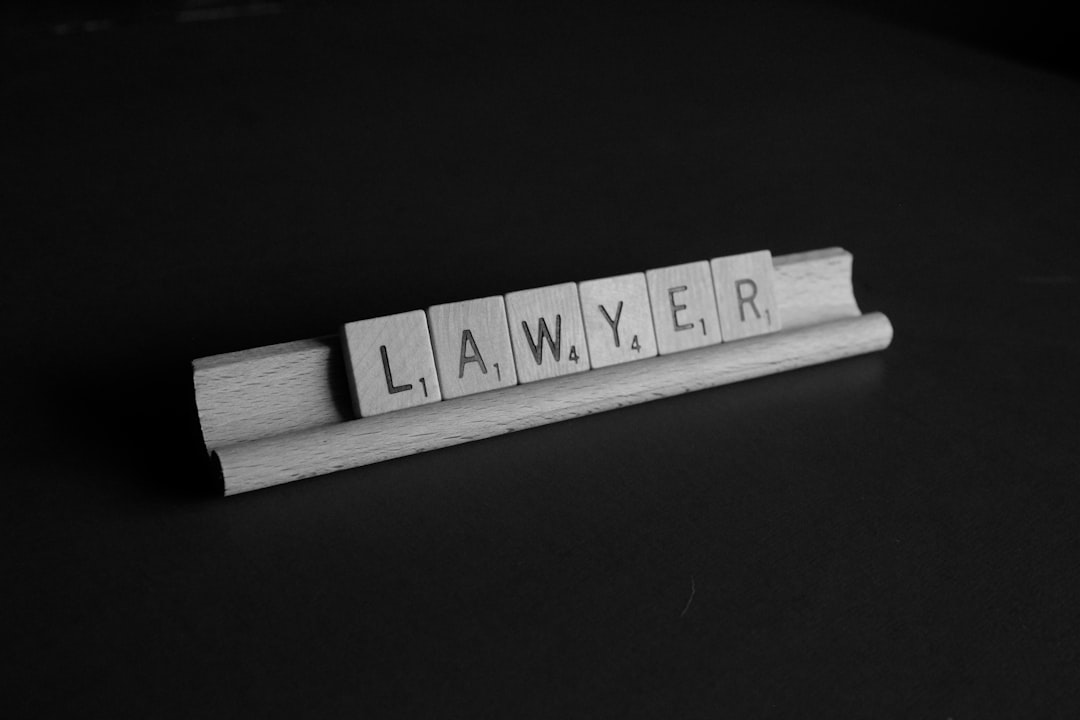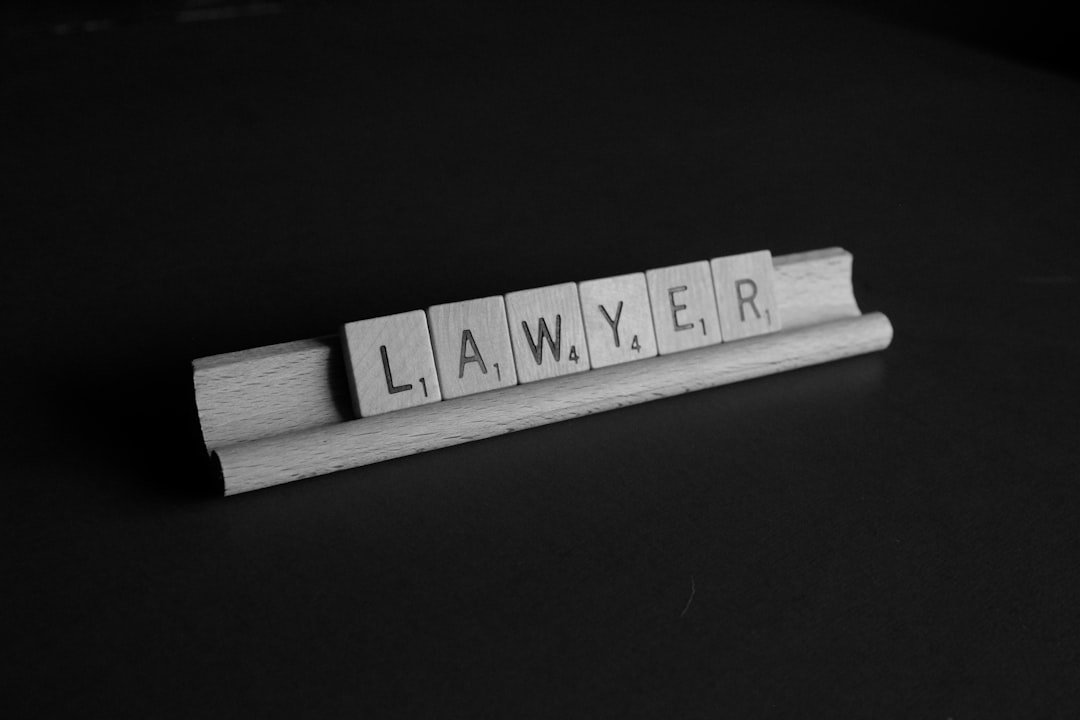“Seeking justice after a sexual assault can be an overwhelming process, but understanding your legal rights is a crucial step. If you’re considering filing a lawsuit in Chicago, Illinois, connecting with a qualified sexual assault lawyer is essential. This guide provides an insightful look at the legal landscape for survivors, offering clarity on state laws, a comprehensive walk-through of the court process, and tips to select the best representation. Additionally, we highlight valuable resources available to support you during this challenging time.”
Understanding Sexual Assault Laws in Illinois

In Illinois, including Chicago, sexual assault is a serious criminal offense that requires understanding specific legal requirements to pursue justice. If you’ve been a victim and are considering legal action, it’s crucial to consult a qualified sexual assault lawyer who can guide you through the process. The state has established laws that define consent, outline the procedures for reporting assaults, and detail the timeframes within which civil lawsuits must be filed against perpetrators.
Understanding these laws is essential as they vary from one jurisdiction to another. A sexual assault lawyer in Chicago, IL, will help navigate the complex legal landscape, ensuring your rights are protected. They will explain the elements required to prove a case, manage the investigation process, and represent you throughout any negotiations or court proceedings.
Navigating Legal Process: Step-by-Step Guide

Navigating the legal process after experiencing sexual assault can be daunting, but having a knowledgeable sexual assault lawyer Chicago IL by your side is essential. The first step is to report the incident to law enforcement immediately. While this might seem intimidating, it’s crucial for documenting evidence and potentially identifying the perpetrator. After filing a police report, seek medical attention as soon as possible; a healthcare professional can provide necessary care and collect evidence that may be used in the case.
Next, contact a sexual assault lawyer who specializes in these types of cases. They will guide you through each step, ensuring your rights are protected. Your attorney will review any police reports, medical records, and witness statements to build a strong case. They’ll explain the legal options available, including potential criminal charges or civil lawsuits against the assailant. This process involves gathering evidence, interviewing witnesses, and sometimes dealing with complex legal procedures, all of which your lawyer will handle on your behalf.
Choosing the Right Attorney for Your Case

Choosing the right attorney is a crucial step in any legal process, especially when dealing with sensitive issues like sexual assault lawsuits. When searching for a sexual assault lawyer in Chicago, IL, look for professionals who specialize in this area of law and have a proven track record. Ensure they possess extensive knowledge of Illinois’ laws pertaining to sexual offenses and have successfully represented clients in similar cases.
Experience matters; a seasoned sexual assault lawyer will understand the complexities involved and navigate the legal system effectively on your behalf. They should offer personalized attention, keeping you informed every step of the way. Referrals from trusted sources or support groups can be valuable as they often provide insights into an attorney’s capabilities and client-centric approach.
Support and Resources for Survivors in Chicago

In the aftermath of a sexual assault, survivors in Chicago, Illinois, are not alone. The city offers a robust network of support and resources tailored to help individuals navigate the challenging process of seeking justice. Many organizations provide crucial services, including counseling, legal aid, and advocacy for those who have experienced sexual abuse.
For those considering hiring a sexual assault lawyer Chicago IL, these organizations can facilitate connections with legal professionals specializing in such cases. They offer guidance on understanding their rights, gathering evidence, and taking appropriate legal action against perpetrators. This support is vital in ensuring survivors receive the justice they deserve while prioritizing their emotional well-being during what can be an extremely traumatic experience.






